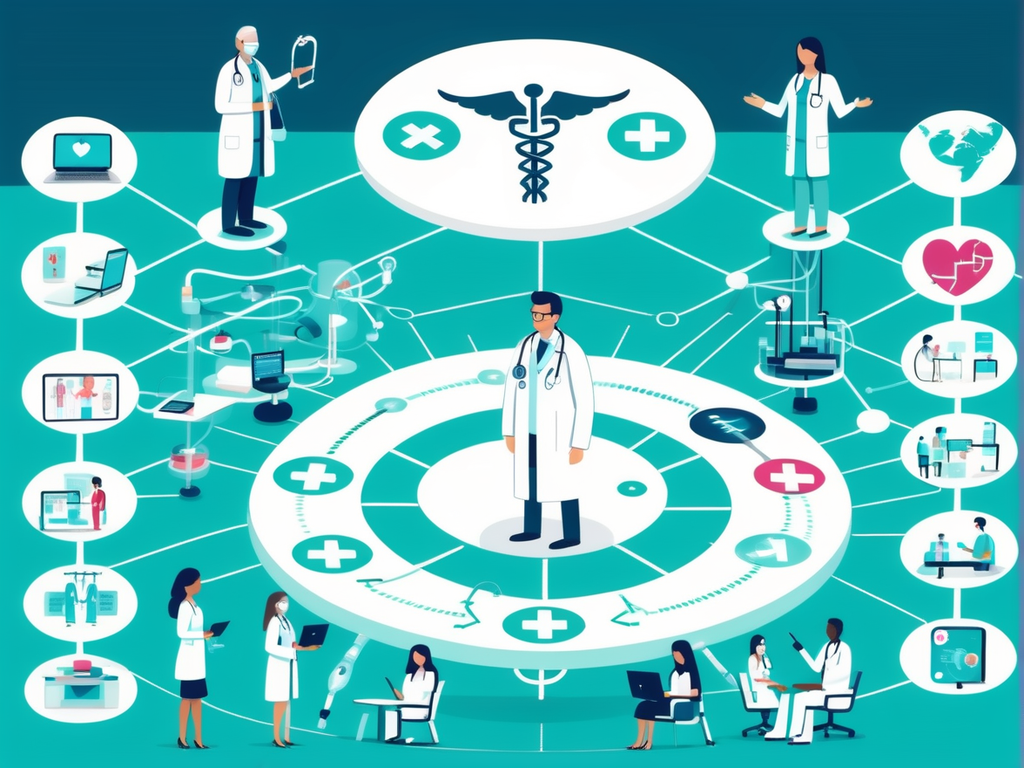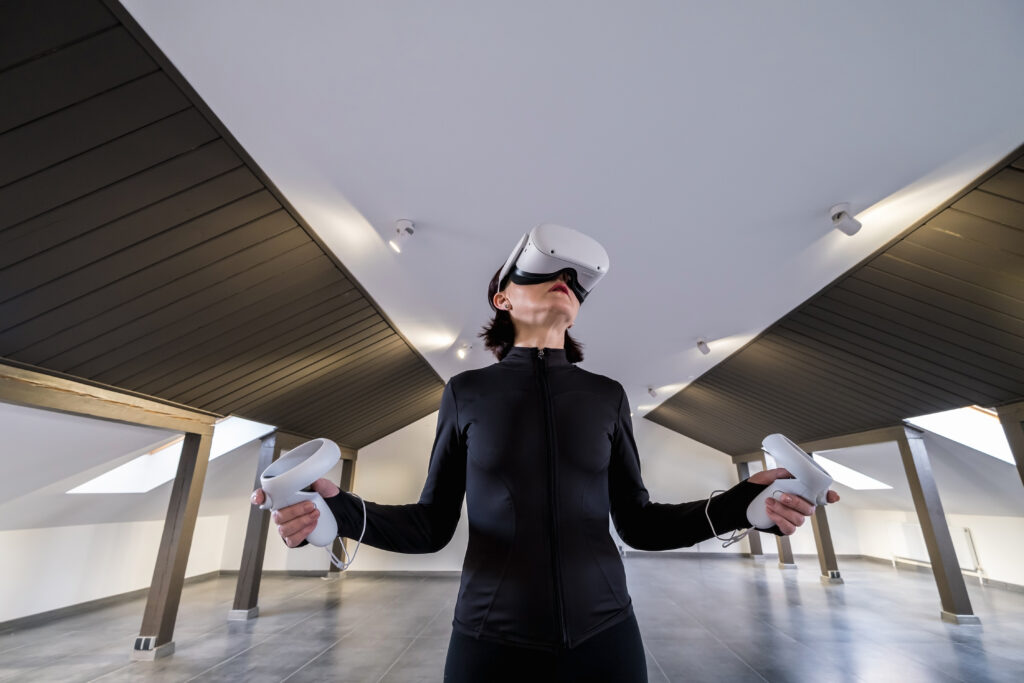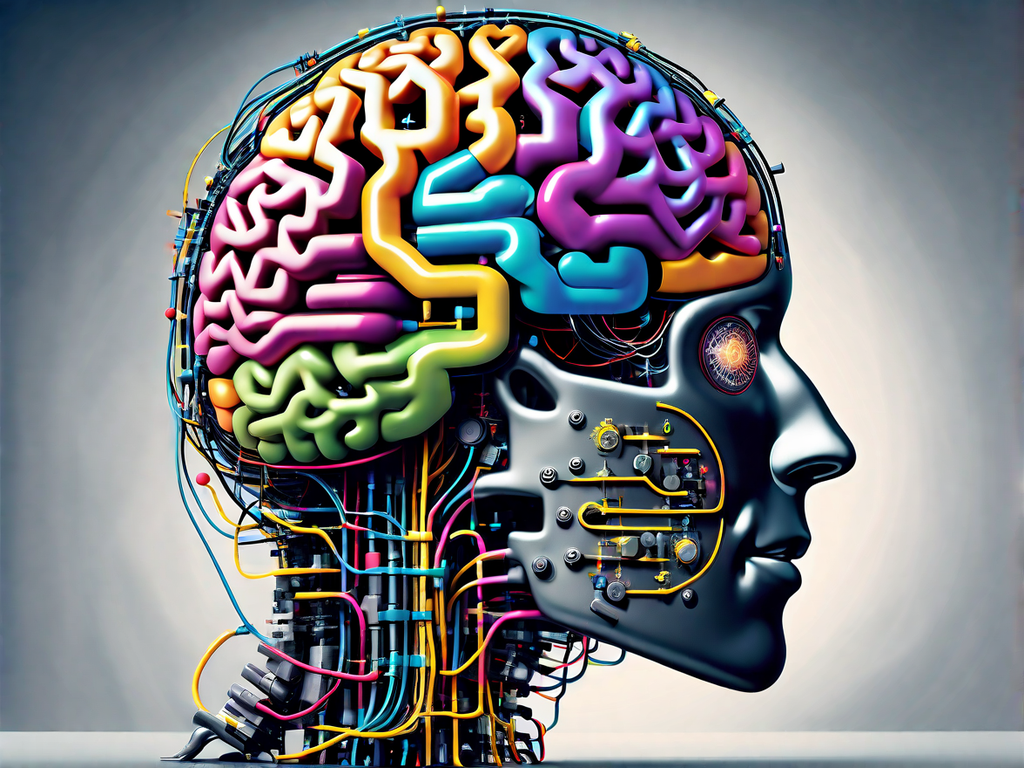The world of healthcare is undergoing a revolution driven by remarkable technological advancements. From improved diagnostics to personalized treatments, these innovations are reshaping the way we approach healthcare. In this article, we will explore some of these incredible technologies, with a specific focus on one groundbreaking innovation that promises to transform the field.
1. Telemedicine: Healthcare at Your Fingertips

Telemedicine is a game-changer in healthcare, allowing patients to connect with healthcare providers remotely. It offers convenience, reduces the burden on physical facilities, and enhances access to medical expertise, especially in remote areas.
2. Artificial Intelligence in Medical Imaging
Artificial intelligence (AI) is causing a significant impact in the field of medical imaging. AI-powered algorithms can analyze medical images such as X-rays, MRIs, and CT scans with incredible accuracy, aiding in early disease detection and improving diagnostic precision.

3. 3D Printing in Medicine
3D printing technology has expanded into the healthcare sector, enabling the creation of custom implants, prosthetics, and even human tissues. This innovation is revolutionizing patient-specific treatments and reducing the wait time for critical medical devices.
4. Gene Editing with CRISPR
CRISPR-Cas9 technology has the potential to revolutionize genetic medicine. It offers precise gene editing capabilities, opening doors to treatments for genetic disorders and even the potential to eliminate certain diseases at their genetic roots.
5. The Internet of Things (IoT) in Healthcare
IoT devices, such as wearable fitness trackers and smart medical devices, provide real-time data that helps individuals monitor their health and allows healthcare providers to track patients’ well-being remotely. These devices are enhancing preventive care and early intervention.
6. Robotics in Surgery
Robot-assisted surgery combines the precision of robots with the expertise of surgeons. It allows for minimally invasive procedures with smaller incisions, less pain, and shorter recovery times. The da Vinci Surgical System is a notable example of this technology.
7. Personalized Medicine: Tailoring Treatments to You
Advances in genomics and pharmacogenomics have led to personalized medicine. This approach considers an individual’s genetic makeup to tailor treatments and medications, improving efficacy and minimizing adverse effects.
8. Nanomedicine: Tiny Solutions with Big Impact
Nanomedicine involves the use of nanoparticles to deliver drugs directly to target cells or tissues. This technology enhances drug delivery, reduces side effects, and holds promise for treating diseases like cancer.
9. Blockchain in Healthcare
Blockchain technology is being used to secure and streamline healthcare data, ensuring patient privacy and data integrity. It also simplifies data sharing among healthcare providers, leading to more coordinated and efficient care.
10. Virtual Reality (VR) and Augmented Reality (AR) in Therapy
Virtual reality and augmented reality are used in rehabilitation and therapy. These technologies provide immersive and engaging environments for patients, aiding in their recovery from injuries or medical procedures.
In-Depth: Artificial Intelligence in Medical Imaging
One technology that stands out in the healthcare landscape is the integration of artificial intelligence in medical imaging. AI algorithms, particularly deep learning models, have demonstrated remarkable proficiency in analyzing medical images.
This technology excels in areas such as early cancer detection, where AI can identify anomalies in mammograms, X-rays, and CT scans with a high degree of accuracy. In the field of radiology, AI is helping radiologists by flagging potential issues and enhancing the speed and precision of diagnoses.
AI-driven medical imaging is not limited to diagnostics. It also plays a crucial role in assessing treatment effectiveness and tracking the progress of diseases, such as monitoring the size and behavior of tumors during cancer treatment.
Moreover, AI has the potential to transform telemedicine by enabling real-time image analysis during virtual consultations. This means that healthcare providers can make more informed decisions and recommendations even when interacting with patients remotely.
The future of AI in medical imaging holds promise for more accessible and precise healthcare. As AI algorithms continue to evolve and are integrated into healthcare systems, they will contribute to faster and more accurate diagnoses, ultimately saving lives and improving patient outcomes.











































